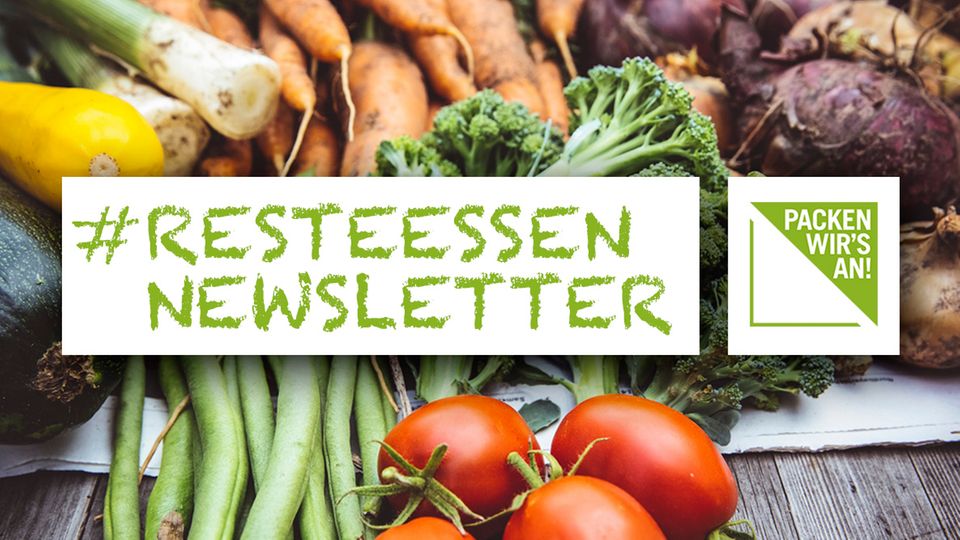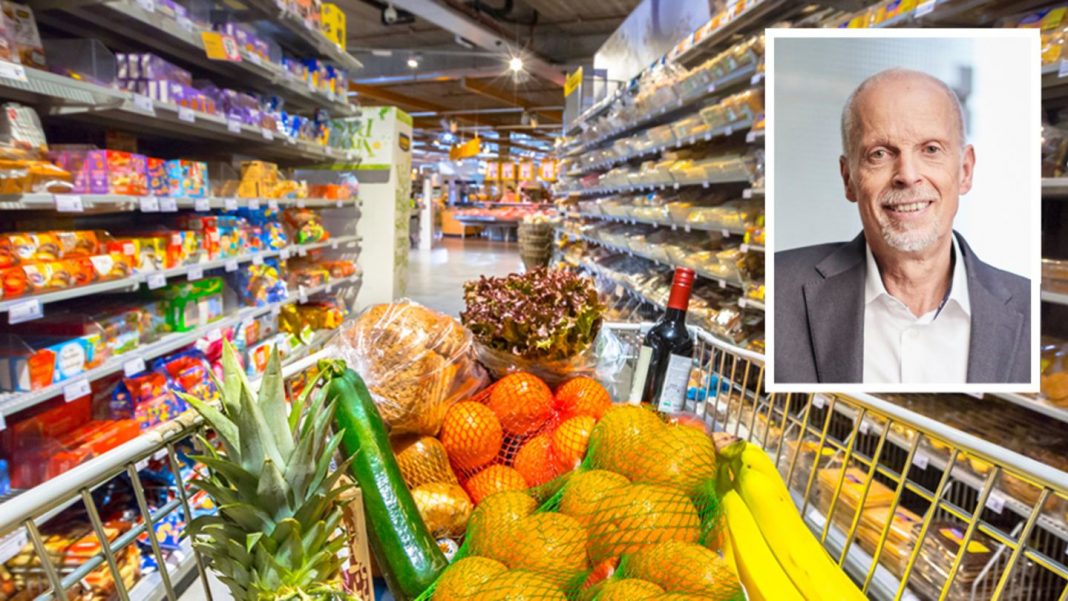Why are we buying in the supermarket is constantly too much? Consumer psychologist Hans-Georg Häusel explains how our brain plays in the shop constantly pranks and what we can do about it.
Mr house, why buy we are constantly more food than we need – even though it annoys us each Time, if part of it ends up in the trash?
One reason is Hunger: When people are going hungry in the supermarket, then buy 20 percent more than if you are full. But even if we are not hungry, solve a lot of food in our brain’s pleasure. And we people are marching very reward-oriented by the world. Our reward center is stronger than our mind.
We reward ourselves, by the shopping cart with things not stuff that we all can eat at all?
When I see, for example, a ham, smiling at me, then I don’t think long about how much I actually need. But I buy a decent piece, and then I eat since a week, and then the ham is over and I throw it away. The spontaneous desire to buy, a crossing of our brain, which is supposed to make the calculation, how much ham do I need actually.
Our own brain ensures that we trick ourselves constantly by yourself?
We have a completely wrong image: that of a reasonable person who makes conscious decisions. But this is a mistake. Our decisions are made by our emotion systems. As our reward system. Our brain can intervene sometimes to regulate, but is relatively rare.
And, of course, do everything in the shops and the producers of attractive packaging for this mechanism to take advantage of it?
Our whole consumer society functions on the basis of our reward system in the brain. Of course, the products are also offered so that you look great. In addition, foods in Germany are extremely inexpensive and there is a huge offer. The super markets to educate us by your Abundance to waste.
What are the most successful Tricks, to animate us in the supermarket to Buy?
The food trade is trying, mainly, to the customer as simple as possible and to allow for stress-free shopping. Then he stays longer in the Store and buys more. In addition, there are a few tried and tested supermarket Tricks: fruits and vegetables are always draped at the entrance to super, in order to bring the buyers in a Fresh mood. The meat counter has a reddish light, the cheese counter yellowish, to let the Goods more appetizing. And then there’s the special offers where the price is reduced. But a lot more power to the supermarket not really, for the Rest of you see to that yourself.
But what I can do for itself – except not hungry, shopping – to trade in-Store reasonable? How to outsmart my brain?
By not thinking in the seduction situation in the Store about the shopping, but if your reward system will keep your mouth shut. And it does, if you are sitting at a table, and a shopping list. Then you consider the brain a Chance, what you really need and keep the waste low. If you go without a Plan shopping, then the reward system leads the Director.

© Markus Spiske / Unsplash
Then there is also the bargain factor. If we can somewhere save, slams us in the brain as well. As enlightened consumers, to actually find the quality and sustainability of good grip, then suddenly but for a cheap product next to it.
Money is connected to our brain with pleasure, because we can buy appropriate things. But if we lose money, this will trigger in our brain pain. Because the same centers are often actively involved in dental pain. That’s why we spend our money reluctantly. When I stand in front of the shelf and this is a product to be sustainable, the other not, but the second looks more attractive and at the same time is still 20 percent cheaper, then the desire system ruled again. Sustainability is an extremely abstract concept and not an emotional one. And you are not interested in the Moment, because your reward system says: I would like to have now and the money we save.

Cheap meat is an example. No one finds really good, if animals have to suffer. But in the meat rack many of us can hide the…
So it is with textiles that are made under inhuman conditions…
Would shock images, as you know, cigarettes, the packaging of meat help to our emotional System?
Yes. If the Shock be large enough so that I hate actually, then, meat consumption would drop considerably, I am sure. In the case of cigarettes it has not worked out quite so well because it is an Addiction. But in the case of meat, the component falls away, therefore it would work well. You, however, in the meat industry and in the food trade, no friends with such a proposal.
How to affect people emotionally, so that they can live, throw away less and be more sustainable?
Less on the mind act and focus more on emotions through reward and punishment. Information campaigns can also be effective, because of the social pressure increases, but it will take a very long time. My behavior must have consequences, so I’ll change it. Anyone who makes a lot of garbage, must be sanctioned in any Form.
Penalties instead of convince, that sounds very hard.
It is a gentler way to go. For example, there was a canteen, wanted to encourage employees to eat healthier. First, there was a big information campaign – with the vegetables-share rose by just three per cent. Then one has changed the workflow in the canteen, the fries and all the Unhealthy to the rear, the vegetables to the front and at eye level. Then the people ate 20 percent more vegetables. So you have to think about how to change conditions so that the person is unconsciously different.



